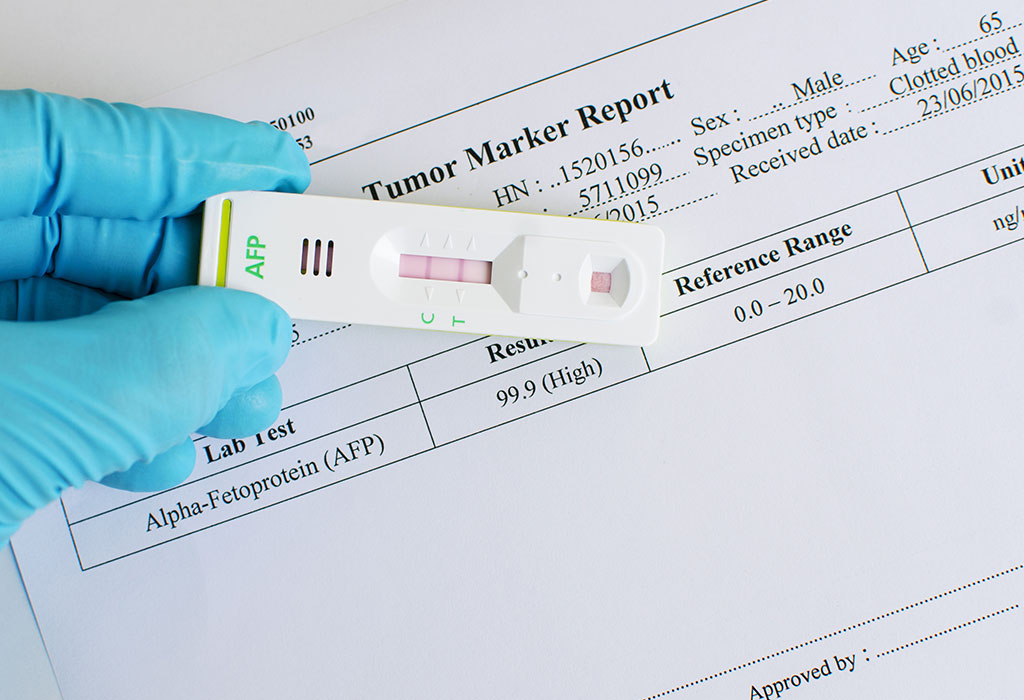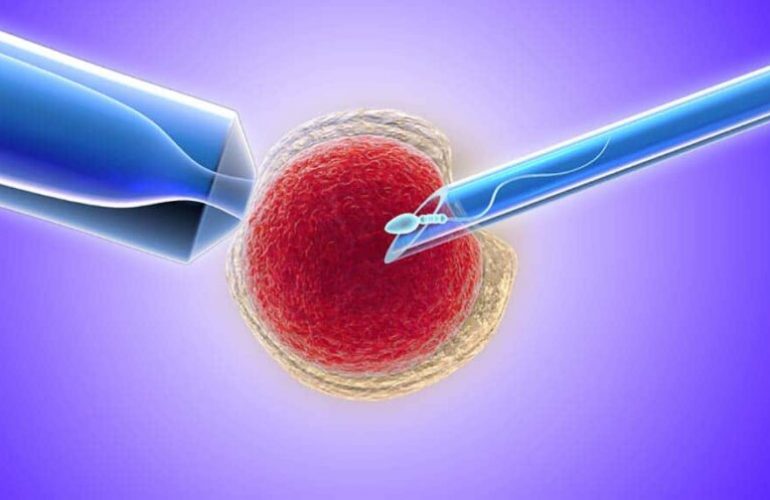In the world of fertility treatments and assisted reproductive technologies (ART), various tests are used to ensure the health and success of pregnancies. One such test is the Alpha-Fetoprotein (AFP) test. This test is commonly used during pregnancy to screen for specific fetal conditions, but it also has implications in the context of IVF and fertility treatments. Understanding what the AFP test is, its purpose, and how it relates to fertility care is essential for those undergoing IVF or other assisted reproductive procedures.
What is the Alpha-Fetoprotein (AFP) Test?
Alpha-fetoprotein (AFP) is a protein produced primarily by the fetal liver during pregnancy. It is present in both the fetal bloodstream and the mother’s blood. The AFP test is a blood test used to measure the levels of AFP in the mother’s blood, typically performed during the second trimester of pregnancy, between 16 and 18 weeks.
AFP is a part of a larger group of proteins called “oncofetal proteins,” which are produced during fetal development and in some types of cancer. While it is commonly associated with prenatal screening for fetal abnormalities, it can also provide information about the health of the liver and can serve as a marker for certain cancers in non-pregnant individuals.
Uses of the AFP Test in Pregnancy
The Alpha-fetoprotein test is primarily used in pregnancy to screen for certain developmental issues in the fetus. These include:
- Neural Tube Defects: Elevated levels of AFP can indicate neural tube defects such as spina bifida or anencephaly, where the neural tube does not close properly during development.
- Down Syndrome and Other Chromosomal Abnormalities: Abnormally low levels of AFP can suggest a higher risk of Down syndrome or other chromosomal disorders.
- Abdominal Wall Defects: Conditions such as omphalocele and gastroschisis, where parts of the abdominal organs protrude outside the body, may cause elevated AFP levels.
- Multiple Pregnancies: Increased levels of AFP can also indicate the presence of more than one fetus, such as twins or triplets.
The Role of the Alpha-FetoProtein Test in IVF and Fertility Treatments
In the context of IVF and fertility treatments, the AFP test is not typically used during the pre-implantation stages of treatment. However, once pregnancy is achieved through IVF, the AFP test becomes an important tool in monitoring the health of the developing fetus.
Here’s how the AFP test might be relevant to IVF and fertility treatments:
- Early Pregnancy Monitoring: After successful embryo transfer and confirmation of pregnancy, the AFP test can be used to monitor for potential fetal abnormalities. This is especially important for couples who have undergone IVF, as there is often a higher level of concern regarding the health of the pregnancy after the use of assisted reproductive technology.
- Screening for Genetic Conditions: For patients who have undergone preimplantation genetic diagnosis (PGD) or screening (PGS), the AFP test adds another layer of screening for fetal development. PGD and PGS help to select embryos with normal chromosomal makeup, but the AFP test can still provide valuable information about the ongoing development of the pregnancy.
- Managing High-Risk Pregnancies: IVF pregnancies, especially in older women or those with underlying health conditions, are often categorized as high-risk. The AFP test, along with other prenatal screening tests, helps in early detection of potential problems, allowing for better management of the pregnancy.
- Reassurance for Patients: Patients who have undergone fertility treatments often experience anxiety regarding the health and viability of their pregnancy. The AFP test can offer reassurance by confirming that the pregnancy is progressing as expected or providing early warning signs of issues that can be addressed with medical intervention.
Limitations of the AFP Test
While the AFP test is a useful screening tool, it is not diagnostic. Abnormal AFP levels do not necessarily mean there is a problem with the pregnancy, nor does a normal result guarantee that there are no issues. If abnormal AFP levels are detected, further testing, such as ultrasound or amniocentesis, may be recommended to obtain a clearer picture.
Additionally, the AFP test is usually performed during the second trimester, so it is not helpful for early pregnancy assessment. For this reason, IVF pregnancies are closely monitored with other early screening tools before the AFP test becomes relevant.
Conclusion
The Alpha-Fetoprotein (AFP) test serves as a vital part of prenatal screening, particularly for detecting neural tube defects and other fetal abnormalities during the second trimester of pregnancy. While it is not directly involved in the pre-implantation stages of IVF, it becomes highly relevant once pregnancy is achieved through fertility treatments. By providing key insights into fetal development, the Alpha-FetoProtein test helps ensure that IVF pregnancies are carefully monitored, offering early detection of potential issues and contributing to the overall success of fertility treatments.
For those undergoing IVF, the AFP test offers peace of mind, as it helps confirm that the pregnancy is on track while allowing for early intervention when necessary. This makes it an essential part of post-IVF care, particularly in high-risk pregnancies or for those who have invested considerable effort and hope into achieving a successful pregnancy through assisted reproduction.
More information about the alpha-fetoprotein test please check out this article by Cyprus American IVF.
For any of your fertility problems, please do not hesitate to contact us. At Fertility Solutions we pride ourselves with the excellent tailored personal care we provide to our patients for their specific needs. A team member will contact you as soon as we get your message, and construct a personal treatment plan for your fertility problems in the country of Cyprus. You can also contact our clinics directly through the links below.
Cyprus Crown IVF Contact: https://en.cypruscrownivf.com/contact
Cyprus American IVF Contact: https://www.cyprusamericanivf.com/contact-us/
Dr. Halil Ibrahim Tekin (Dr. HIT) Youtube: https://www.youtube.com/@dr.halilibrahimtekin1715
Cyprus American IVF Youtube: https://www.youtube.com/@AmerikanTupBebekMerkezi




